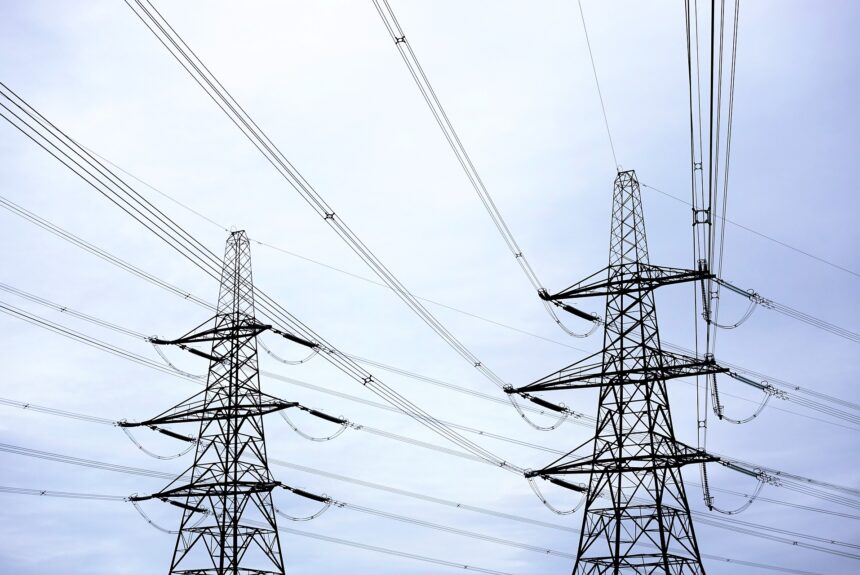Not everything is bigger in Texas. The Lone Star State has a long, proud history of small government. That prevailing philosophy has worked well for the state’s economy and, most importantly, its residents. To protect energy consumers from unnecessary price increases, state policymakers would be wise to follow a similar approach when bolstering the reliability of the grid.
>>>READ: New Report Highlights Economic Benefits of Renewable Energy in Texas
Extreme weather has tested the resiliency of Texas’s grid in recent years. Nearly two years ago, Winter Storm Uri left millions without power and killed 246 people. The system held up much better against record electricity demand from frigid temperatures in December 2022. The storm was not as severe, and new winterization requirements (more than $1 billion in upgrades since Uri) helped ensure that energy infrastructure was able to withstand colder temperatures. Even so, industry experts have argued for more structural reforms to safeguard against another system-wide failure – all while maintaining the state’s competitive “energy only” market.
Under the directive of state lawmakers (Senate Bill 3), the Texas Public Utility Commission unanimously approved a plan aimed at improving grid reliability last week. The key element of the market design is a performance credit mechanism (PCM). The credit “would be earned by generators in the Electric Reliability Council of Texas footprint, based on their availability during hours of greatest risk to the system and with an aim to incentivize more generation to be available during times of high demand.” Effectively, the plan would pay power generators to have additional capacity when air conditioning or heat is pumping across the state.
The proposal has come under fire for multiple reasons. Chief among them is that the PCM would be expensive for consumers without truly addressing the causes of Texas’s grid reliability concerns. Someone must pay for the credits to keep existing power generation online or to build new power plants. That would be Texas families and businesses in the form of higher energy bills.
>>>READ: Were Competitive Electricity Markets and Renewables to Blame in the Texas Blackouts?
The Texas Consumer Association projects the plan would cost ratepayers $460 million a year, which energy analyst Doug Lewin argues is a low-ball estimate. Texas’s electricity rates are among the lowest in the country. While many factors drive the price of power in a state, competitive electricity rates have been a boon to the state’s economy, an invitation for businesses to move to Texas, and generated savings for households. Texas lawmakers would be unwise to move forward with a proposal that weakens the state’s competitive edge. Importantly, Lewin says the PCM addresses the wrong issue:
The weakness of the Electric Reliability Council of Texas [ERCOT] system is not lack of supply. There’s enough supply to get through high winter or summer peaks—if that supply works and runs and if we address the demand side through energy efficiency. Last month, Texas lost more than 10GW of power from coal and gas plants, along with 20% of gas production from the Permian Basin. Meanwhile, ERCOT under-forecasted demand by an astonishing 23%.
Texas avoided outages for one simple reason: there was enough supply. In spite of everything that went wrong, there were still adequate resources on the system. The problem, again, is that the resources Texas has often don’t work when Texans need them. Just building more gas plants is like dealing with your car’s gasoline leak by doubling your gasoline spending.
Texas state policymakers also expressed dissatisfaction. Representative Charles Schwertner, the author of SB 3, sent a letter to the PUC calling the PCM a “substantial departure” from the legislative intent of SB 3. The letter emphasized, “SB 3 did not direct the PUC to replace the state’s energy-only market with an unnecessarily complex, capacity-style design that puts the competitive market at risk without guaranteeing the delivery of dispatchable generation.”
As ERCOT attempts to iron out the specifics and the plan moves to the legislature for approval, affordability and reliability must be of the utmost concern. Regulatory and policy decisions require consideration of tradeoffs. The choices that keep consumers at the forefront of that conversation rather than parochial interests will best serve the residents of Texas.
The views and opinions expressed are those of the author’s and do not necessarily reflect the official policy or position of C3.
